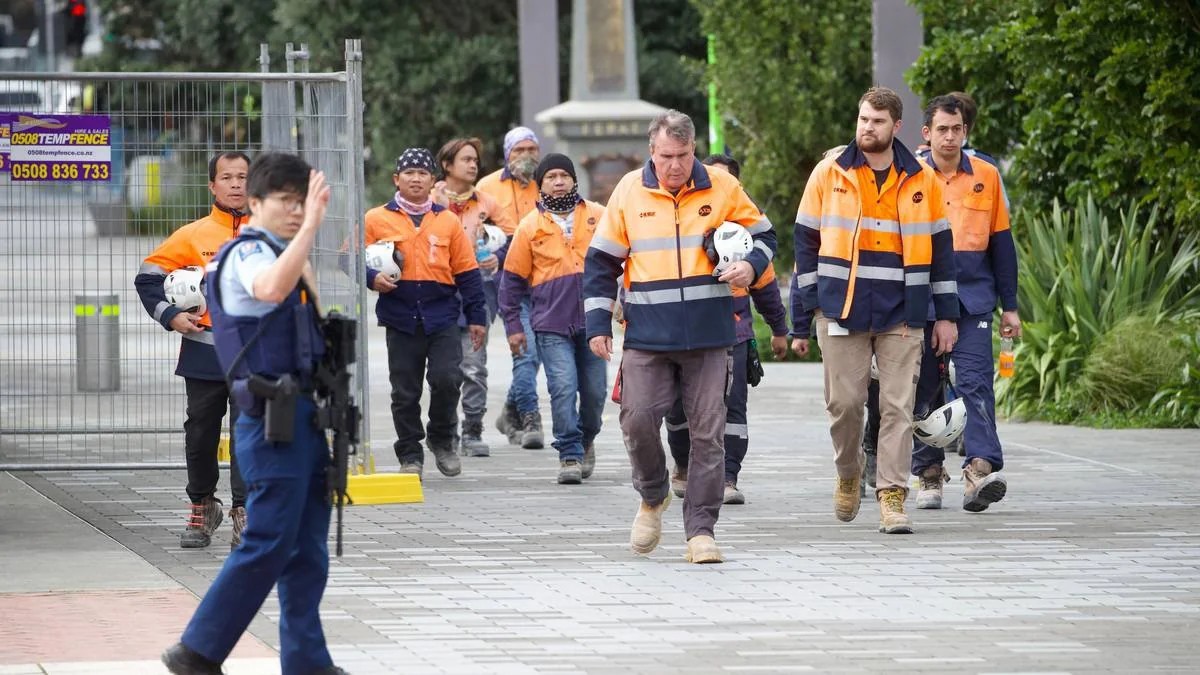It's not every day that we get a visceral window into how justice works in our society. Ours is a system that employs the most liberal and modern approach to justice possible: post-justice.
Justice is about doing what is right and fair; justice is a balancing of the scales. Justice is done when a wrong has been made right, but that's not how we operate. Our Ministry of Justice states it delivers "people-centred justice services" and so it cannot centre itself on the moral principles of right and wrong.
The late Mr Reid entered the system after he beat and strangled his girlfriend, threatened to murder her family, tried to set her house on fire, and then lied about it when confronted by police.
Normally when the post-justice approach goes wrong, as it did here, the criminal goes on to kill some other poor woman, or perhaps a fellow thug in a fit of rage, or any other combination of mundane violent and murderous activities that would barely make the news. This story is repeated day after day in New Zealand, but we don't really care. It doesn't affect us.
When the downtown of Auckland is shut down as a "person in our care" goes on a shooting spree in the construction site he works at, then suddenly we have a window into the lives of those other people. For a moment we confront it, before we move on and the system marches on.
This tale starts as a success story for "people-centred justice services." A violent man pleads guilty, expresses some remorse, his victim forgives him and asks for him to be kept out of prison. Everything in the liberal playbook points to this being a beautiful story of redemption. The man gets a light sentence in part due to his cultural background and a "generational anger" passed down by his parents who were violent towards him as a boy. It's a typical story, the judge says, and he wants to give Mr Reid the chance to turn his life around.
The success story continues as he behaves well toward probation officers and works his way through various anger management courses. A predictable script of rational thought is followed as Mr Reid executes the formula he was given to provide himself with the best outcome.
"Am I not merciful?" cries the enlightened, modern, and liberal justice system. A man's mind is treated as the deep malaise in his soul grows ever worse.
This story ends in a closed loop as the cycle of violence passed down to Mr Reid leads him to his death. The false mercy of modernity was spat back into its face as two more men died with him and the blood of others ran across the floor. The justice system was weighed in the balances, and was found wanting.
The very first verbal report the NZ Herald printed from the scene of the crime was this by a construction worker: "I’m from South Africa … we left there not to have this."
I often joke about our impending third-world status, but the complaint this construction worker brings up is a situation that only first-world countries can create as they begin their long slide down to chaos. You can run, but you can't hide from the consequences of global liberalism.
I'm reminded of Thomas Sowell's condemnation of the intelligencia: "It is hard to imagine a more stupid or more dangerous way of making decisions than by putting those decisions in the hands of people who pay no price for being wrong."
The construction workers pay the price even as they build the ivory towers of those who do not.
